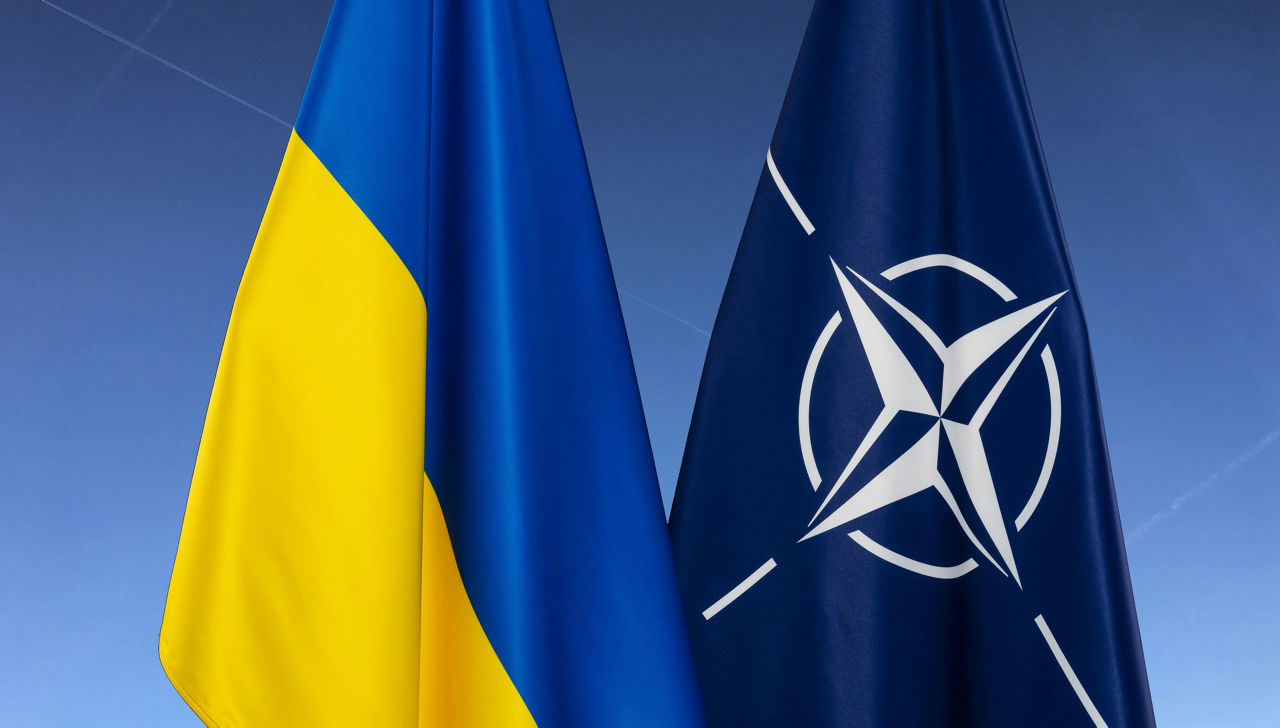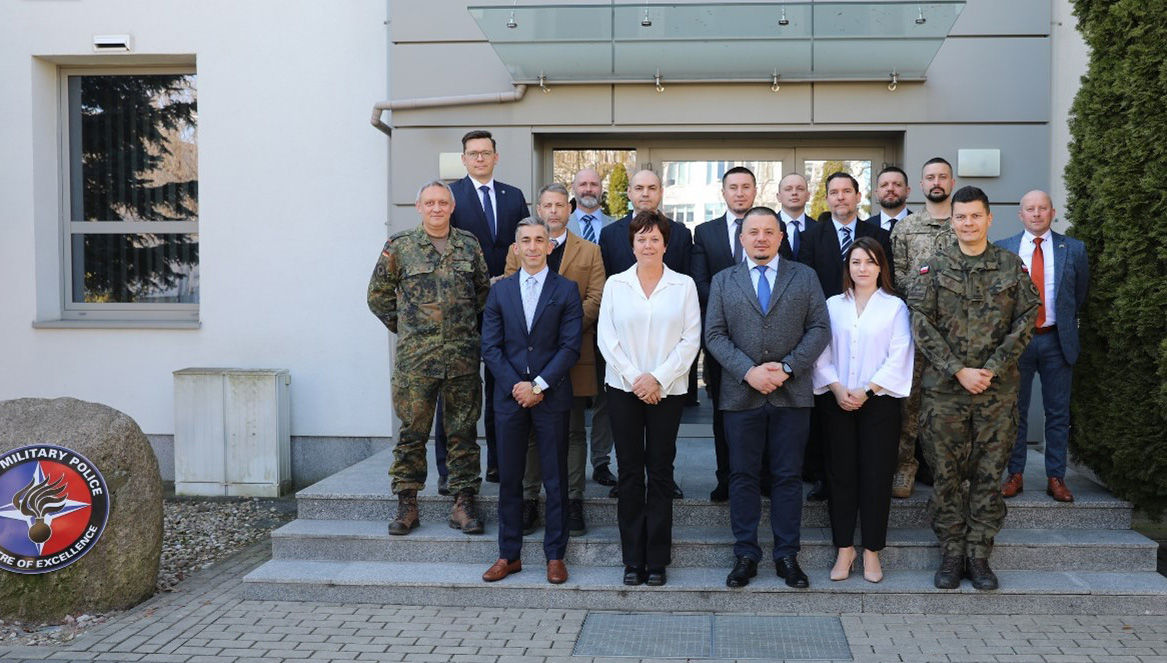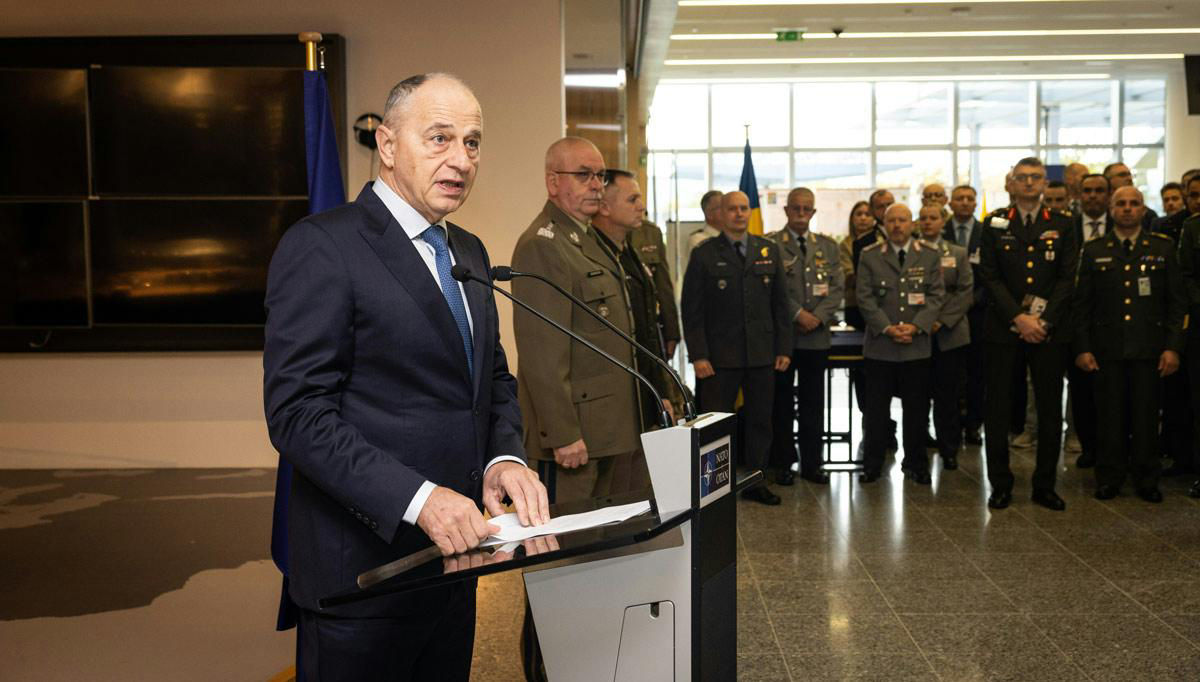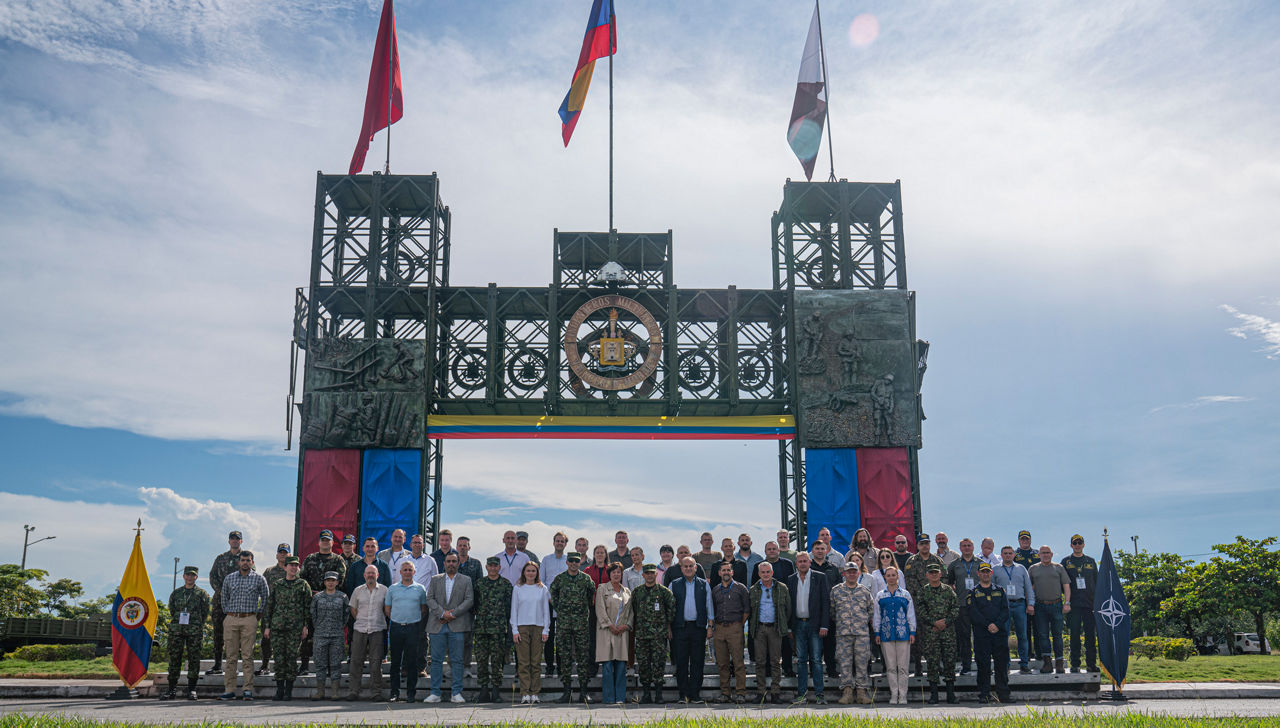Download NATO’s broadcast-quality video content free of charge

Log in
NATO MULTIMEDIA ACCOUNT
Access NATO’s broadcast-quality video content free of charge

Check your inbox and enter verification code
You have successfully created your account
From now on you can download videos from our website
Subscribe to our newsletter
If you would also like to subscribe to the newsletter and receive our latest updates, click on the button below.
Enter the email address you registered with and we will send you a code to reset your password.
Didn't receive a code? Send new Code
The password must be at least 12 characters long, no spaces, include upper/lowercase letters, numbers and symbols.
Your password has been updated
Click the button to return to the page you were on and log in with your new password.
Partnership Training and Education Centres (PTECs)
Updated: 04 August 2025
Partnership Training and Education Centres (PTECs) form a global network of institutions offering courses and academic seminars to both civilian and military staff from NATO member and partner countries. Their goal is to improve the professionalism of national personnel, increase military and intellectual interoperability, and conduct education and training activities related to NATO partnership programmes and policies.
- Launched in 1999, PTECs are one of NATO's key tools for enhancing the stability and resilience of both Allies and partners.
- PTECs are fundamental to NATOs efforts to help partner countries develop efficient and resilient defence institutions. Through a wide range of educational training activities, they contribute to knowledge-sharing, capacity-building and innovation.
- Currently, the PTEC network comprises 36 centres, with 19 centres based in NATO member countries and 17 centres in NATO partner countries.
- PTECs are actively engaged with other international organisations, including the United Nations, the European Union and the African Union.
Programmes and activities
As new security challenges worldwide require a coordinated response, NATO sees education and training as one of the best tools to help enhance stability and resilience. By supporting knowledge exchange, interoperability, regional confidence-building, lessons learned and best practices, PTECs are at the core of the Alliance's cooperative security efforts to increase the cohesion and readiness of its members and partners.
PTECs offer a broad spectrum of activities. These range from courses for military and civilian audiences, over seminars and workshops, to platforms of a more operational nature, such as field training or providing venues for exercises. Some PTECs also offer subject-matter experts (SMEs) and Mobile Education and Training Teams (METTs). All PTEC activities are open to personnel from Allies and partner countries alike based on the principles of transparency and non-discrimination.
PTECs have proven indispensable for the implementation of NATO’s key partnership programmes, most notably for the Defence Education Enhancement Programme (DEEP), Building Integrity (BI), Defence and Related Security Capacity Building (DCB) or the Operational Capability Concept (OCC).
Moreover, PTECs play an active part in NATO’s Partnership Cooperation Menu (PCM), a catalogue comprised of education, training and other events for Allies and partners across almost 40 areas of cooperation. These centres contribute to the PCM on topics like defence reform, protection of civilians in armed conflict, crisis management, cyber defence, leadership, language training and cultural awareness.
PTECs also provide pre-deployment training to troops for NATO operations and missions such as the Kosovo Force (KFOR) and Operation Sea Guardian. Moreover, they offer their expertise for missions of other international organisations such as the United Nations, the European Union and the African Union.
PTEC enablers across NATO
NATO Headquarters, Brussels, Belgium
At NATO Headquarters (NATO HQ), the International Staff’s Operations Division, in cooperation with the International Military Staff’s Cooperative Security Division, acts as NATO’s focal point for the PTEC community. They support the PTEC recognition process, the identification of education and training gaps, and the organisation of the annual PTEC Marketplace, where PTECs present their activities and achievements.
Allied Command Transformation, Norfolk, Virginia, USA
Allied Command Transformation (ACT) has the overall responsibility for the management of education and individual training across NATO. It offers support and guidance to the PTECs and ensures that all training courses are certified and reflect NATO standards. ACT’s oversight enhances interoperability within the wider training community and supports the establishment of NATO quality management standards. ACT also engages with the PTEC community through co-chairing the annual PTEC Conference of Commandants and PTEC Working Group.
NATO School Oberammergau, Germany
The NATO School Oberammergau (NSO), with support from relevant NATO bodies, helps develop cooperation, coordination, information exchange and sharing of lessons learned among all PTECs. Together with ACT, it co-chairs the PTEC Conference of Commandants and the PTEC Working Group. It also manages the Train the Trainer Programme and the Instructor Exchange Programme. In addition, the NSO collaborates academically with several PTECs to deliver specialised education and training.
PTEC recognition process
To be formally recognised as a NATO PTEC, the centre’s education and training activities need to fall within the scope of NATO policies and priorities in the domain of military education and training, and support the Alliance’s main objectives. The host country of the candidate centre needs to submit an application, supported by Military Committee advice when necessary. In close cooperation with ACT and the NATO School Oberammergau, the Operations Division of NATO HQ’s International Staff manage the process that grants national education and training institutions recognition as a NATO PTEC. The final decision is taken by the North Atlantic Council, NATO’s principal political decision-making body.
Evolution of PTECs
PTECs were originally launched in 1999 under NATO’s Partnership for Peace (PfP) programme to develop education and training activities with partners in the Euro-Atlantic area. In 2008, the network was broadened to include NATO’s Mediterranean Dialogue (MD) and Istanbul Cooperation Initiative (ICI) partnership frameworks. Since 2012, the network and its activities have been open to all of NATO's partners worldwide.
At their Berlin meeting in April 2011, NATO Foreign Ministers adopted the “Policy for a More Efficient and Flexible Partnership”. It stated NATO’s intention to provide increased support to the development and improvement of education and training capabilities also in partner countries. In 2012, the North Atlantic Council endorsed the Concept for Partnership Training and Education Centres.






